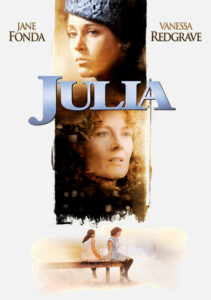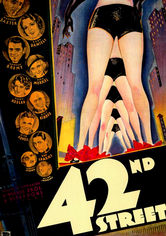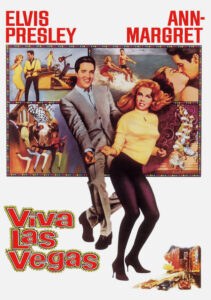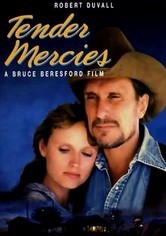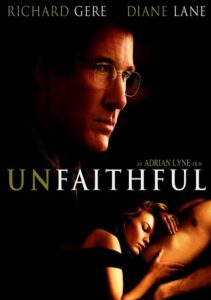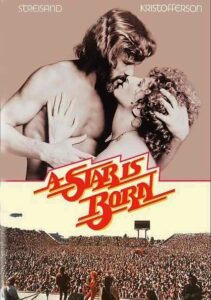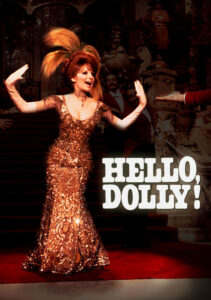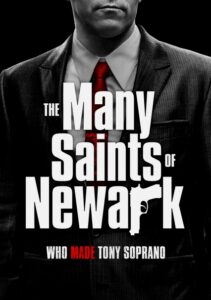Julia-1977
Director Fred Zinnemann
Starring Jane Fonda, Vanessa Redgrave, Jason Robards
Scott’s Review #1,283
Reviewed July 31, 2022
Grade: A
Jane Fonda leads the charge in a powerful, and gorgeously shot, drama named Julia (1977) centering around pre-World War II and the impending Holocaust.
The drama is based on the writing of Lillian Hellman, a famous playwright, which depicts the relationship between two close friends and its unexpected consequences when one desperately needs help from the other.
When Lillian (Fonda), a renowned playwright, reunites in Russia with her childhood friend Julia (Vanessa Redgrave), the writer is asked to smuggle funds into Germany to aid the anti-Nazi movement. In the mix is Lillian’s mentor, Dashiell Hammett (Jason Robards), who is unaware of her dangerous assignment.
I immediately relish the film mainly because the message is extremely female-empowering and a dynamic friendship between two women is examined. This does not happen enough, successfully, in films even to this day.
Given the World War II theme, one would naturally assume the film would center around men, not women, and plenty of female spies and the like, are featured.
Added to the mix is the astounding cinematography of Germany, Poland, and Russia. In truth, the film was shot in England and France for security and restrictive reasons but it could have fooled me since the countries look authentic and believable.
Julie looks polished and that’s hardly a gripe. The production design and costumes are perfectly shot and colored to perfection. It’s not a dowdy or drab film and it depicts little amount of violence or torture choosing to focus on relationships and intrigue.
The suspenseful train sequence is brilliant in every way, sprinkling in Hitchcokian bits along with enough nail-biting to make the long scene a key takeaway. Lillian must keep secret her intentions as she traverses toward Russia and each train scene whether it’s the peril of being checked while crossing the border, or eating in the dining car, is captured with perfection.
A slight suspension of disbelief is the casting of the beautiful Fonda as the plain-looking playwright Lillian Hellman. In some scenes, she is made up to look haggard, tired, and homely but the trick never works for a minute.
It’s even giggle-worthy and recommended to sit back and watch Fonda give a splendid performance forgetting altogether that she is portraying the writer.
In other movies, it might have only been about Fonda from an acting perspective but in Julia, the spoils go round and round. At the very least Redgrave, Robards, and Maximilian Schell, who plays a pivotal character named Johann, must be mentioned. Each brings professionalism and believability to their characters.
But quieter parts by a woman passenger and a girl passenger are my favorites. They go from cheery to serious, speaking in a sort of code, not stating they are helping Lillian, but obviously, they are using facial expressions to reveal true alliances.
A delightful point to make is that Julia is Meryl Streep’s first film role, albeit in a tiny part.
Speaking of Redgrave, when she won the Best Supporting Actress Academy Award she made an infamous speech that marks a great controversy.
In her acceptance speech, she thanked Hollywood for having “refused to be intimidated by the threats of a small bunch of Zionist hoodlums whose behavior is an insult to the stature of Jews all over the world and to their great and heroic record of struggle against fascism and oppression”.
This was preceded by members of the Jewish Defense League picketing the ceremony and followed by some boos and retorts to her comments.
But back to the film, Julia does not end in a happily ever after way. A major character is killed and a baby is lost forever. But, that’s part of the truth about creating a film that harkens back to a day when non-conformity led to death.
Julia (1977) is a vital film that still holds up tremendously well and in a world still filled with chaos and oppression, it’s a great reminder of the power of cinema.
Oscar Nominations: 3 wins-Best Picture, Best Director-Fred Zinnemann, Best Actress-Jane Fonda, Best Supporting Actor-Jason Robards (won), Maximilian Schell, Best Supporting Actress-Vanessa Redgrave (won), Best Screenplay-Based on Material from Another Medium (won), Best Cinematography, Best Costume Design, Best Film Editing, Best Original Score
